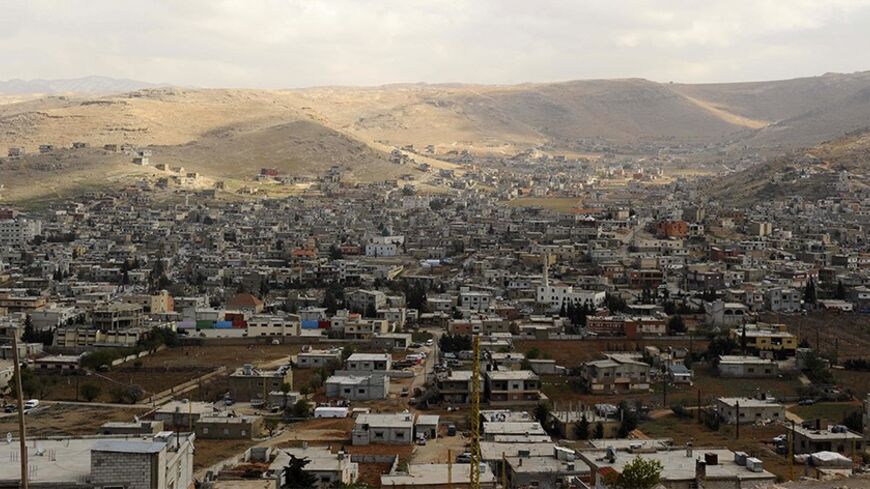It is now clear that quick and decisive action is needed to deal with the security hotspots in the Bekaa Valley and northern Lebanon, especially after the fall of Yabrud, near the eastern border, to the Syrian army.
That event has rapidly escalated the Lebanese security situation. First, missiles have been launched from Syrian territory against Lebanese border towns. Second, a suicide bomber detonated a car bomb in Baalbek, in the Bekaa Valley, March 16. Lebanese security forces have detected a number of such bombs entering Lebanon; one was intercepted March 17 and destroyed by the army in Baalbek.



